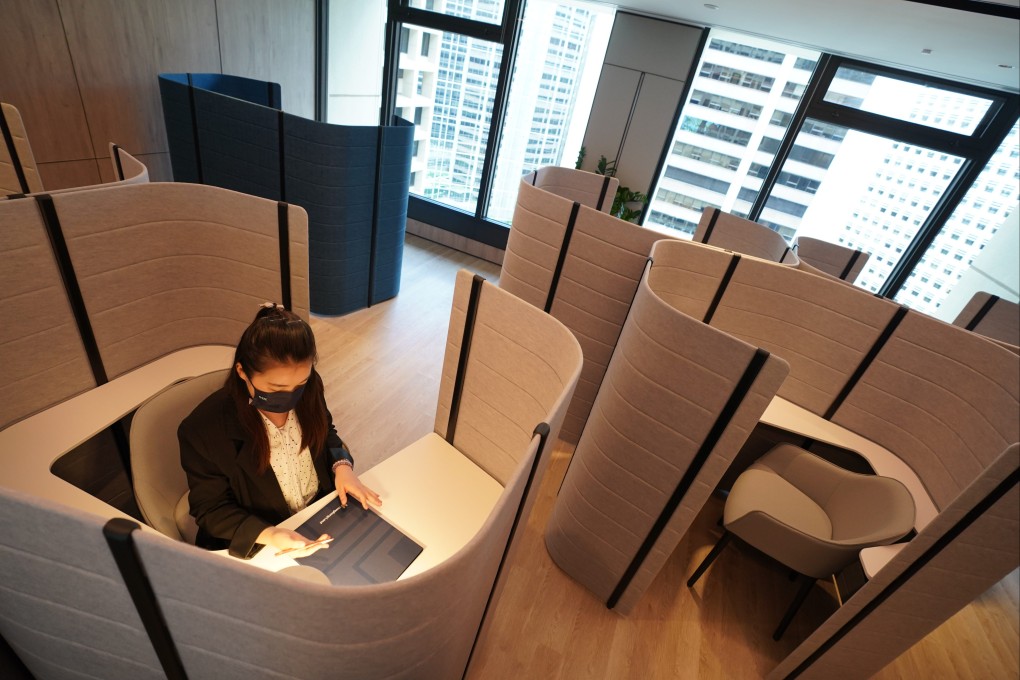The View | Hong Kong is missing the chance to unlock underperforming real estate’s value
- Widespread disruption in Hong Kong’s property market has created opportunities to repurpose hotel assets and older industrial buildings
- The government needs to do more to help encourage property owners and investors to enhance the value of underperforming real estate

In the global commercial real estate industry, one of the main drivers of occupier and investment markets is the pressing need to enhance the value of properties to ensure they can attract and retain tenants in the post-pandemic world.
JLL estimates that 50 per cent of properties in prime locations in Asia are more than 20 years old, with US$40 billion of value tied up in ageing or underperforming real estate. While the scope for enhancing the value of real estate assets is huge in all the major markets in the region, Hong Kong presents one of the most compelling opportunities for repositioning and repurposing properties.
No other economy in the region entered the pandemic in such a precarious position, having previously experienced a succession of domestic and external shocks. Few sectors in a leading real estate market have suffered more damage than Hong Kong’s retail and hotel industries, with the virus-induced closure of the border with mainland China by far the most severe to befall the city’s property market.

